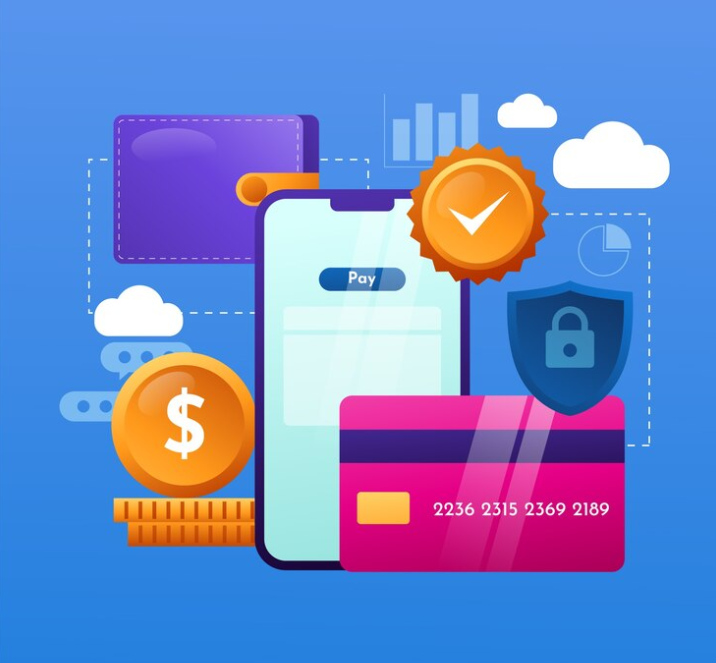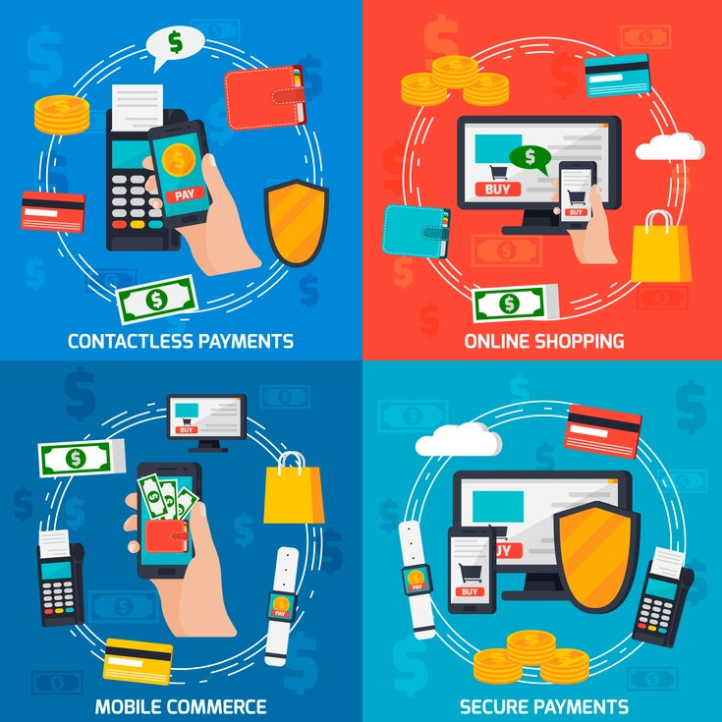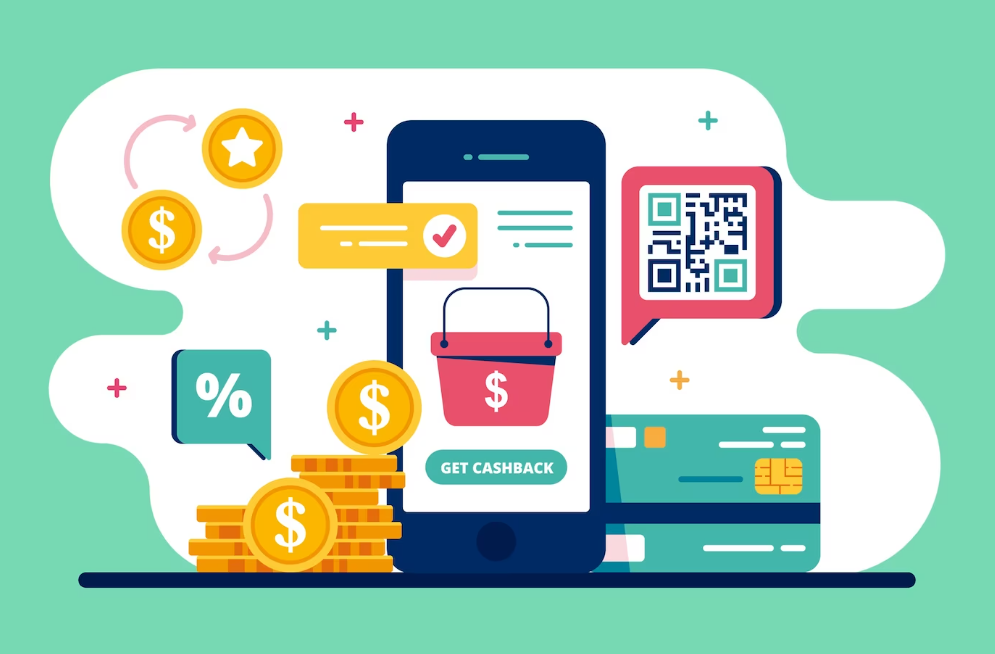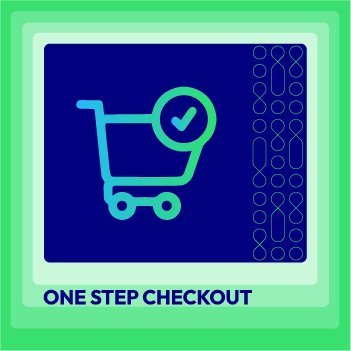How to Choose a Payment Gateway (8 Things to Consider)
Summer Nguyen | 12-18-2024

As a business, you need to find a way to secure payments. But with so many choices in financial services when you start your e-commerce site, it can be incredibly daunting especially to new entrepreneurs.
Not only that you have to consider the technical and logistical challenges that come with setting up a new payment gateway. You also have to take into consideration your customer’s convenience, as well as the gateway’s security.
In this post, we’ll talk about the things that you need to consider when selecting payment gateways for your business.

Fully control payment process and introduce additional services
Check it out!What Is a Payment Gateway?

A payment gateway is a merchant service that creates favorable conditions for the transfer of funds from a customer’s debit or credit card to a merchant’s account. It plays a crucial role in online and offline transactions by securely authorizing and processing payments.
In brick-and-mortar retail stores, payment gateways can be integrated into point-of-sale systems, while in online stores, they enable secure transactions over the Internet.
Read more: Top 10 Best Magento 2 Payment Gateway
How Payment Transaction Processing Works
- Customers purchase products by using credit or debit cards.
- The payment information will be encrypted by the payment gatewaybefore reaching the payment processor to ensure privacy.
- When data is sent to the payment processor, the payment processor requests the money from the customer’s issuing bank to pay for your stuff.
- The issuer responds with either approval or denial.
- If approved, the payment processor notifies the merchant of the accepted transaction and instructs the merchant bank to credit their account.
- The card issuer sends funds to the merchant bank, and afterward, the merchant bank sends the funds into the merchant’s account.
Note:
-
This entire process from 1 to 5 occurs within 1–2 seconds.
-
Funds may be made available immediately by the bank, or a portion may be kept in reserve, just in case customers return products later.
Benefits of Using a Payment Gateway
Choosing the right payment gateway can have several benefits for a business. Some of these benefits include:

-
Faster and more secure transactions: Payment gateways use encryption technology to protect sensitive information such as credit card numbers, making transactions more secure. They also process real-time transactions, meaning that funds are transferred to the merchant’s account quickly.
-
Increased customer convenience: Payment gateways allow customers to pay for goods and services online, which is more convenient than traditional payment methods such as cash or checks. Customers can pay from anywhere, anytime, using their preferred payment method.
-
Easier tracking and management of payments: Payment gateways provide merchants with detailed transaction reports, making tracking and managing payments easier. This can help businesses to identify trends and make informed decisions about their operations.
-
Flexibility with payment methods: Payment gateways support various payment methods, including credit cards, debit cards, and e-wallets. This allows businesses to cater to a wider range of customers and increase sales.
-
Fraud protection: Payment gateways use advanced payment APIs (Application Programming Interfaces) to help customers have a safer checkout experience. It is safer because APIs come with enhanced security and fraud prevention features. The storage of customer data and payment information by the host, rather than the merchant, contributes to PCI compliance .
-
Customization of your options: Payment gateways can be customized to meet the specific needs of a business, including branding, payment options, and checkout flow.
-
Global expansion: Payment gateways enable businesses to expand globally by accepting payments in multiple currencies and languages.
-
Offline transaction storage: Payment gateways can store transactions offline, allowing merchants to process payments even when not connected to the intern.
8 Things to Consider When Choosing a Payment Gateway
A payment gateway is an important element when your business joins in online transactions. It can significantly impact the efficiency, security, and success of an e-commerce project. Therefore, it is necessary to consider the following factors when choosing a payment gateway.

A Supported Integration for Your Platform
A payment gateway is not an isolated entity; it is a vital part of your overall infrastructure. Therefore, it is necessary to choose a payment gateway that is compatible with your website or point-of-sale system . The compatibility between your chosen payment gateway and your infrastructure is crucial to ensure a smooth payment process for your customers.
A malfunctioning integration can lead to a disrupted payment process, and customers can abandon their carts. Achieving a great user experience at this time is imperative for a smooth progression through the sales channel.
The common credit cards that people use are Visa, American Express, and Discover. Most payment gateways accept these card types. However, it’s essential to consider the specific payment preferences of your customers. If they commonly use other card types like debit cards, you need to ensure that your payment gateways can support that card.
Typical examples of top payment gateway integrations from Mageplaza are Stripe , Moneris, Sage Pay , and Cartasi . All of them are compatible with the One Step Checkout plugin , in case you are seeking an optimization tool for your checkout page.
Hosted vs Non-hosted Payments

You need to decide whether you want to use a hosted or non-hosted payment gateway because each type of hosting payment gateway has its own advantages and disadvantages. Hosted payment gateways redirect customers to a third-party site to complete the transaction, while non-hosted gateways allow customers to complete the transaction on your website.
Using stored gateways reduces the risk of storing sensitive information on your website. However, this approach also makes the process longer, as customers are redirected to an external site. When they go through this lengthy process, they may become disappointed and not attempt again.
Therefore, businesses with high transaction values often prefer integrating non-hosted payment gateways directly into their online stores.
Gateway’s Security

Several payment gateways specialize in the detection of fraud. This feature helps you identify any kind of suspicious activity before it proceeds with the payment process.
While most shoppers will visit your store, fill in their carts, and happily pay for their purchase, there’s a small percentage that will try to rob you. For instance, they might try to pay you using money from a credit card account that was hacked. Some will complain that they didn’t receive the product, although they did.
Although a majority of online merchants will refund those stolen money, or reship the “missing” product, those are still business expenses. Over time, this can add up.
That’s why you need to find a processor that works for you to avoid having fraudulent transactions.
You also need to pick a processor that secures your customers’ payments with the latest data security. Meaning, you need to utilize technologies like tokenization, fraud management tools, and point to point encryption.
”
Consideration of a Recurring Billing Option

Selecting a payment gateway that supports recurring billing is crucial if you plan to offer subscription-based services. The software-as-a-service (SaaS) model simplifies the process of collecting monthly payments effortlessly and solves failed credit card transactions.
The SaaS model works well and is a reliable system for handling recurring payments, but it lies in a pivotal transactional element: recurring billing. This means your customers will be charged the same monthly amount for their subscription service.
Holding Time
When choosing a payment gateway, it is vital to consider the holding time. It is when the payment gateway holds funds before releasing them to the merchant. This can have a significant impact on your cash flow.
Some payment gateways may hold money for up to a week, while others may release money within 24 hours. The holding time may vary depending on the service provider and the type of payment you accept. Therefore, it is vital to research the holding time of the payment gateway you are considering and ensure that it matches your business needs.
By understanding the holding time of a payment gateway, you can better manage your cash flow and avoid any potential issues that occur due to delayed payments.
Price Check

Before choosing a payment gateway, it’s important to evaluate how much money you might need to pay. Some of the fees include set-up, monthly maintenance, and transaction fees.
To find the most cost-effective choice for your business, you need to consider both transaction volume and value. The majority of payment gateways charge a competitive transaction fee of 2.9% + 30 cents. This can be effective for businesses when their transaction value is not high but for businesses that deal in high-value transactions, it is advisable to seek gateways offering services at a fixed monthly fee with a low transaction cost.
Integration with Other Systems
In optimizing your online payment processes, the important thing to consider is the compatibility with your invoicing or accounting software.
The seamless integration of these systems can bring significant advantages, particularly in automating the update of corresponding invoices within your bookkeeping system. This not only saves time but also mitigates the need for manual tracking and data entry.
24/7 Customer Support

Several payment providers do not give any customer support. If that’s the case, users need to follow the manual instructions to fix an issue.
To avoid being in that situation, check beforehand if the provider offers live technical support that’s within at least the average working hours, to easily resolve whatever technical problems you might encounter.
At the end of the day, you want a provider that’s reachable 24/7 in case something important comes up. Although email is alright for most issues, being able to reach a live person through phone or chat is a lot better.
Over to you
The best payment gateway is a combination of the following factors: Experience, technology, ethical values, alignment, security, and innovation. The best part is, they will consistently do their job, not just in the beginning, but throughout the entire partnership.







